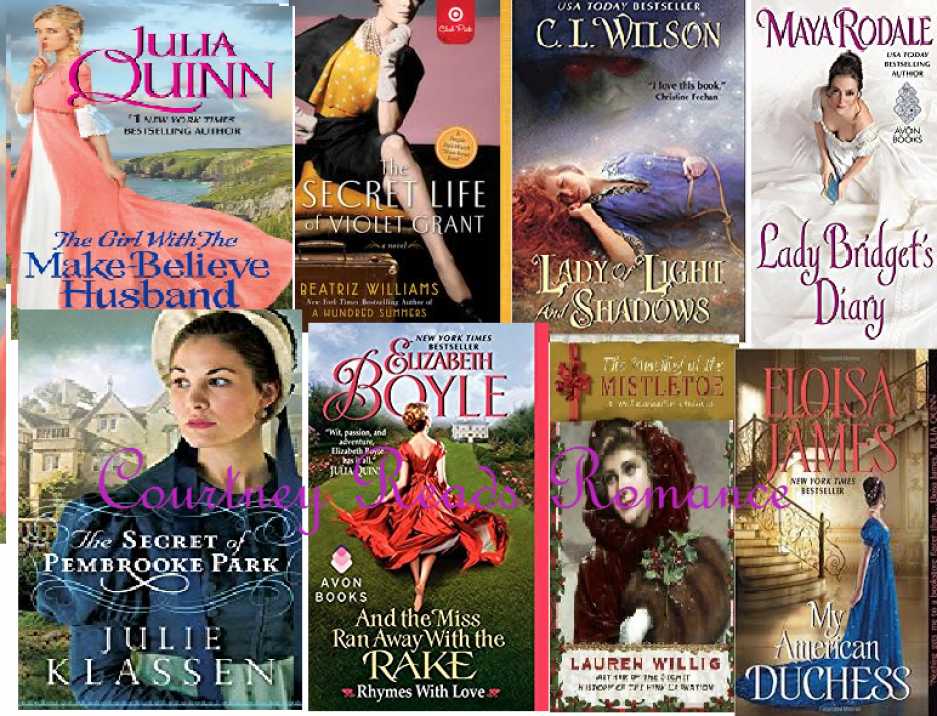Williams, Beatriz. The Summer Wives. New York: William Morrow, 2018.
Hardcover | $26.99 USD | ISBN-13: 978-0062660343 | 367 pages | Historical Fiction
5 stars
The Summer Wives is Beatriz Williams at her best: she excels in crafting multilayered stories that sometimes may seem a little disjointed initially, but come together in a haunting way as the story unfolds.
And this is exactly what happens in this suspenseful tale, combining the perspectives of young Bianca in the 1930s, falling in love with Hugh Fisher, who is engaged to another woman with the past and present of Miranda, whose mother marries Hugh when she’s a teenager. I love how Williams, through the split timelines, builds the suspense surrounding Hugh’s murder, and whether Joseph, who entered a star crossed love affair with Miranda in the 1951 arc, reignited after his escape from prison in 1969.
I enjoyed how well it reflected the issues of the eras the story was set in as well, especially the portion in 1969, given its continued relevance to conversations being had in pop culture today. Miranda discusses how, as an actress, she gets pigeonholed into certain roles, and her estranged director husband played a large role in this.
I would recommend this book to fans of multilayered, multi-timeline historical fiction.











